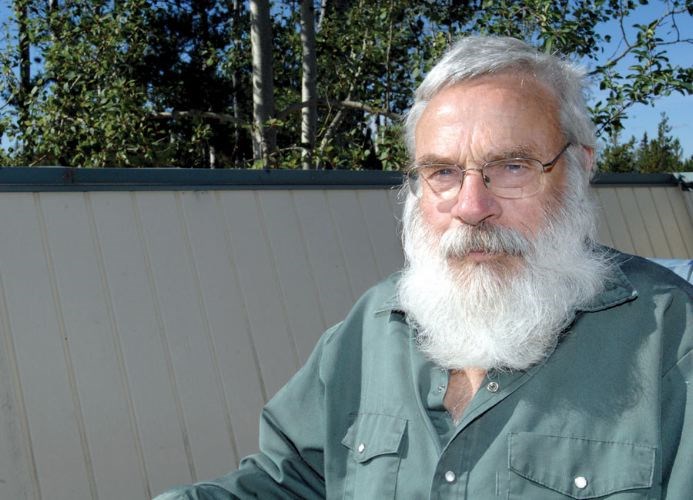There are some days when Ray Clarke wakes up in the morning and feels like himself.
But there are other days when it's a struggle to even get out of bed.
"I still keep hoping that one day I'll work better," said Clarke, adding that while "some days everything does work quite well," it's often shortlived.
After hip replacement surgery three years ago, the retired former Prince George Secondary School teacher noticed a significant decline in his balance and mobility.
"I could only do upper body things for several months," he said "My body didn't work any more. My muscles weren't there."
According to Clarke, his doctor has classified him as having Parkinson's syndrome, which is typically known to progress into full-blown Parkinson's disease - the second-most common brain disorder after Alzheimer's disease.
While the exact cause of the disease isn't concrete, it's facilitated by loss of dopamine in the brain. Dopamine is a chemical that controls the way messages travel from one cell to another, and affects the part of the brain controlling voluntary movements such as walking. As the dopamine level decreases, muscle movements become slower, tremors can develop and reflexes are affected, contributing to a loss of balance.
With a body that no longer feels like his own, Clarke is trying to retrain his body to do things that used to come so easily. He's gone from being an avid outdoorsman to attempting to relearn how to run at age 76. With his vision and depth of perception affected, moving across uneven ground such as trails or even stairs is a challenge.
His exercise now consists of daily two-mile walks in his Beaverley neighbourhood as well as a regimen of chin ups and push ups.
The ability to play tennis is something else Clarke said he lost over the past three years.
"The first year, I went out and had no problem serving. The next year I couldn't hit that ball to save my life. I'd throw it up in the air and it would come down on my head. And last year, I tried a few minutes and that was too humiliating," he recalled.
But it wasn't really embarrassment that was problematic for Clarke so much as the frustration of not being able to do something he has done countless times before.
On Saturday, Clarke will participate in the 2013 Parkinson's SuperWalk at Fort George Park. The event is the country's largest fundraiser in support of Parkinson's disease research and community services. Last year, it raised $3.2 million across Canada.
Registration begins at noon at the picnic shelter and the walk begins at 12:30.
There are approximately 100,000 people with Parkinson's in Canada, with about 11,000 of them in B.C., according to statistics from the Parkinson Society B.C.
Prior to his own diagnosis, Parkinson's wasn't something that meant much to Clarke.
"It's a depressing thought," he said. "It tremendously limits the things that I can do and totally eliminates some of the things I used to do. I have a hard time talking and sometimes I can't talk at all."
Right now there is no cure for Parkinson's, but Clarke said he would like to see the research reach a point where those living with the disease could lead fuller lives.
"It would be nice if you didn't ever have to feel like a permanent invalid," he said. "It would be nice if you could feel steady progress or make a pretty steady recovery."



